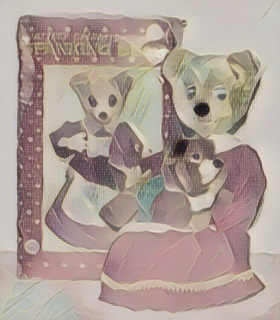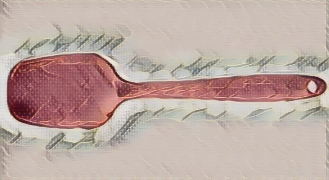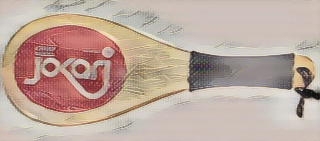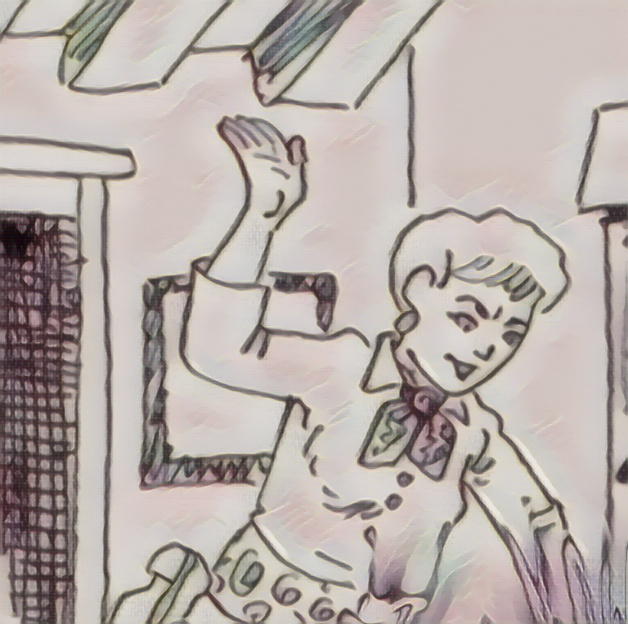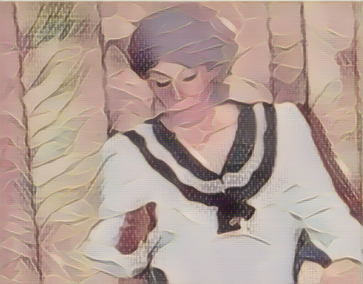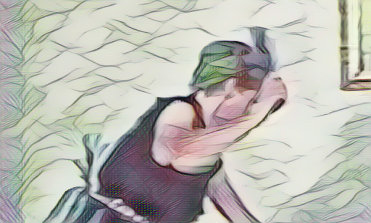When I was in the third grade, back in the sun-drenched days of the 1960s, my world revolved around my best friend Clifford. He lived just four blocks away, but to us, that distance felt like a grand adventure every time I made the trek to his house. Clifford’s place always smelled faintly of cinnamon and old books, and his mother kept the living room spotless, except for the occasional toy or two we’d sneak in.
That particular afternoon, my mother had errands to run with her friend, so she dropped me off at Clifford’s. The moment the door closed behind her, Clifford and I exchanged a conspiratorial grin. We wasted no time digging through his cupboard, searching for his battered softball glove and the scuffed-up ball that had seen better days. The anticipation of a game of catch was almost electric.
Clifford’s mother, Mrs. Jenkins, was a tall, no-nonsense woman with sharp eyes that seemed to see through walls. She poked her head into the hallway just as we were lacing up our sneakers. “Boys, if you’re going to play catch, you stay on the other side of the road. I don’t want any broken windows, you hear me?” Her voice brooked no argument. We nodded, trying to look as innocent as possible, and promised to obey.
The other side of the street was a wild tangle of trees and overgrown grass, a place where the sun filtered through the leaves in shifting patterns. We tried to play, but the ball kept ricocheting off tree trunks and disappearing into the underbrush. After a while, our enthusiasm waned. “This is hopeless,” Clifford muttered, brushing dirt from his knees. “Let’s just play on the front lawn. We’ll be careful, I swear.”
I hesitated, glancing back at Mrs. Jenkins’ window, but the lure of a proper game was too strong. We crept back across the street, hearts pounding with the thrill of minor rebellion. The grass was soft beneath our feet, and for a few glorious minutes, we forgot about rules and consequences. Clifford wound up for a throw, his face scrunched in concentration. The ball whistled through the air—straight at me.
I reached out, but my hands closed on empty air. Time seemed to slow as the ball sailed past me and struck the living room window with a sickening crack. The sound echoed down the street. We froze, eyes wide, as a jagged line snaked its way from top to bottom of the glass. For a moment, I hoped—prayed—that maybe it wasn’t as bad as it looked.
That hope vanished when Mrs. Jenkins appeared in the doorway, her face thunderous. “You two boys get inside right now! You are in big trouble!” Her voice was sharper than the crack in the window. We scrambled inside, our legs suddenly heavy, and she followed close behind, her footsteps quick and purposeful.
As soon as we crossed the threshold, she delivered a swift, stinging spank to each of us. I yelped in surprise, more from the shock than the pain. “Go and sit in the lounge,” she ordered, her tone brooking no argument. We slunk into the living room, sinking into the sofa cushions, our faces burning with shame and fear.
From the hallway, we could hear Mrs. Jenkins dialing the phone. Her voice was clipped and businesslike as she spoke to my mother. “Yes, they broke the window. No, it’s not shattered, but it’s cracked all the way through. Well, mine will be getting a sore bottom as soon as I get off the phone. You’re sure? It’ll hurt very much. Fine, fine. OK, goodbye!” Each word felt like a nail in my coffin.
Clifford and I exchanged nervous glances, neither of us daring to speak. My stomach churned with dread. I imagined my mother’s face, the disappointment in her eyes. I wondered if she’d be angry, or worse, quietly sad. The seconds stretched on, each one heavier than the last.
Mrs. Jenkins returned, her expression grim. She stood in the doorway, arms folded. “You boys are in big trouble!” she declared, her voice echoing in the silent room. Then she turned to me, her gaze pinning me to the spot. “Timothy, I just got through talking to your mother and she has agreed that I should whip you too.” My mouth went dry, my heart thudding in my chest like a trapped bird.
She disappeared into the kitchen, and the silence between Clifford and me was thick with fear. I could hear the faint clatter of drawers, the metallic rattle of something being retrieved. My imagination ran wild—was it a wooden spoon? A belt? When she reappeared, she was carrying a sturdy kitchen chair and, to my horror, a thin, wicked-looking cane. Clifford’s face turned ashen.
Mrs. Jenkins set the chair in the center of the room with a deliberate thud. “All right, young man,” she said to Clifford, “you know what to do.” Clifford’s hands trembled as he stepped forward, kneeling up on the chair and sticking his small bottom out. I could see the fear in his eyes, but he didn’t protest. Mrs. Jenkins pointed the cane at me. “See that? That’s what I need you to do after I’ve seen to Clifford. Watch and learn!”
She stepped closer, her shadow falling over Clifford. Without hesitation, she brought the cane down with a sharp snap in the center of his bottom. Clifford gasped, then whimpered as she delivered another, and another. The sound of the cane cutting through the air was terrifying. Clifford’s cries grew louder, and I felt my own eyes sting with tears—not just for him, but for myself, knowing I was next.
My mind was spinning, my thoughts a jumble of fear and disbelief. I wanted to run, to hide, but my legs wouldn’t move. Mrs. Jenkins turned to me, her voice suddenly gentle but firm. “Come here, Timothy.” She took my hand, her grip surprisingly warm, and led me to the chair. “Kneel up. That’s right. Bottom out, Timothy…further…all right. Keep those hands in front of you, if you know what’s good for you.”
The world seemed to blur as I knelt on the chair, my heart hammering in my ears. The first stroke of the cane was a white-hot line of pain across my backside. I gasped, unable to believe how much it hurt. Tears sprang to my eyes. I tried to reach back, desperate to shield myself, but Mrs. Jenkins was quick—she caught my hand and pinned it halfway up my back. “Keep still,” she warned, her voice steely.
The punishment continued, each stroke burning more than the last. I sobbed, the sound echoing off the walls, mingling with Clifford’s earlier cries. I felt humiliated, exposed, and utterly powerless. The pain was sharp and unrelenting, and I wondered if it would ever end.
At last, Mrs. Jenkins stepped back, her breathing heavy. “It’s over,” she said, her voice softer now. “Go and play upstairs quietly, and if I hear a peep out of either of you, we can do this all again, you know!” Clifford and I didn’t need to be told twice. We slunk upstairs, moving gingerly, our faces streaked with tears.
We sat on the edge of Clifford’s bed, sniffling and rubbing our sore bottoms. For a long time, neither of us spoke. Finally, Clifford managed a weak, watery smile. “At least we’re in this together,” he whispered. I nodded, grateful for his friendship, even in misery.
When my mother came to collect me, I shuffled to the door, expecting another round of punishment. But she only looked at me with a strange mixture of concern and resignation. “Go on up to bed, Timothy,” she said quietly. “No supper tonight.” I trudged upstairs, my stomach rumbling, but too exhausted to protest.
Lying in bed that night, I replayed the day’s events over and over. I wondered if my mother was angry, or if she felt sorry for me. I didn’t know then, but years later she told me she’d been horrified by how severe the punishment had been. She’d expected a spanking, yes, but not the whipping Clifford and I received. For days afterward, I winced every time I sat down, the memory of the cane lingering long after the welts had faded.
After that day, my mother never again asked Mrs. Jenkins to discipline me, though Clifford and I still managed to find trouble in other, less painful ways. The slipper incident became one of those stories we’d whisper about, half in horror, half in awe, whenever we thought we were out of earshot of the grown-ups. And though we never played catch near the house again, our friendship endured—tempered, perhaps, by the memory of that fateful afternoon and the lessons it left behind.



